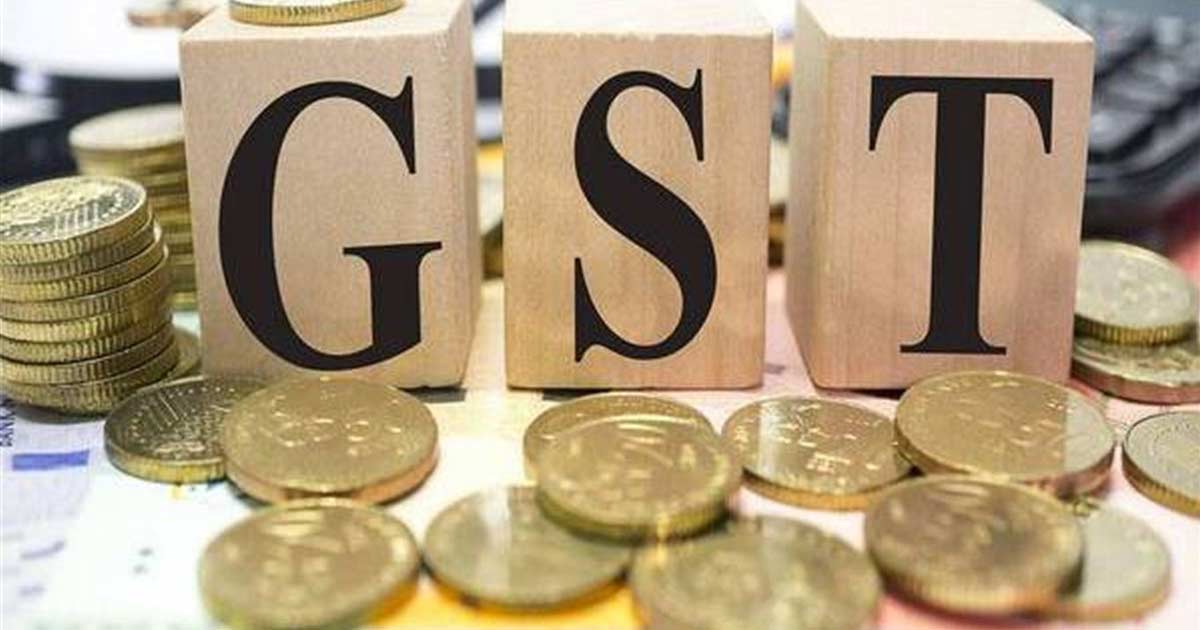The government has limited the further reduction in rates observing the revenue shortfall in GST collection in the first quarter of the fiscal of above Rs 40,000 crore.
The changes made continuously with the tax system reveal that the tax system has not firmed considering goods and services categorization and rate structure. There are still many rates under the different slab and some are rated very high as well.
The rates are required to be obtained, lowered to three in order to enhance collections and reduce classification disputes. But the GST structure needs to be achieved with stable rates and an increase in collections. GST-induced revenue modifications happen apart from the trend in direct tax revenue collections, not as per the GST collections only.
The tax imposition opens various routes for audit considering production chain and the income that have the power to unlock the untaxed source of income. Revenues collected from the earnings from the customs duties, corporate income tax, personal income tax, and IGST and Central GST are the sections of the multiple taxes.
States obtain a 42% share considering direct tax collections over the trend. This needs to be divided in, and only the amount requires to be reimbursed by the Centre in case of a deficit in revenue collection of the state, from the earnings of sin cesses.
States are ready to run schemes to refund the amount of tax paid in a cashback offer, which is up to 20% of the total tax paid along with a limit of Rs. 100 for the taxpayer who uses the BHIM app or RuPay cards for paying taxes.
Read Also: GST E-way Bill Not Mandatory Within 50 KM For Job Works In Rajasthan
Although, the easiest way to support cashless transactions is to cut the charges banks levy on merchants and customers for the relevant transaction of tax paid. The rivalry would reduce the cost and fund will remain in collection due to lowered cash handling on RBI’s savings and gain of centre because of greater transparency, at least up to some extent.










